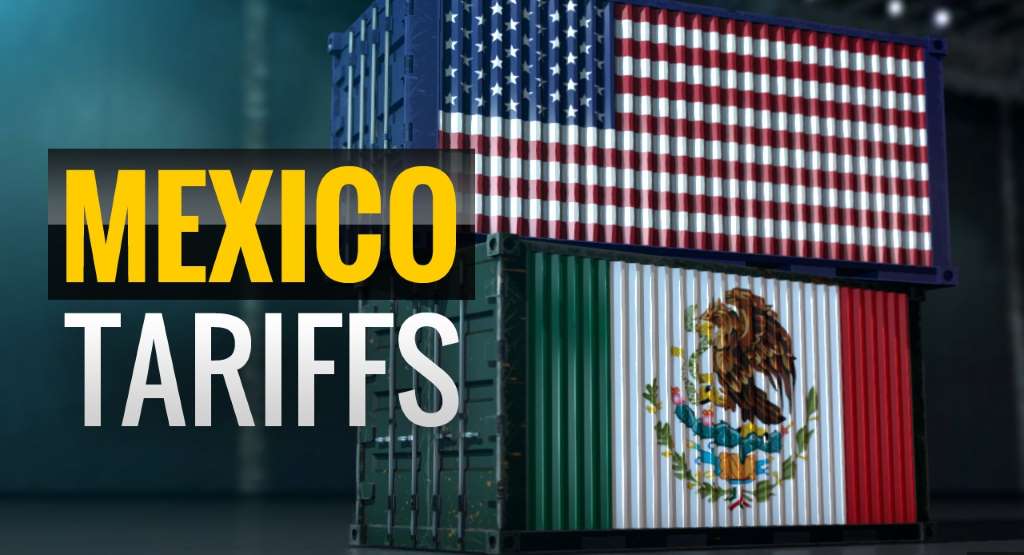
In a move aimed at bolstering domestic industries, the Mexican President signed a decree on April 22, 2024, establishing temporary import tariffs on textiles, apparel, and footwear. These tariffs, ranging from 5per cent to 35per cent, are intended to level the playing field for Mexican manufacturers facing competition from cheaper imports. This decision comes after the Mexican government expressed concerns about unfair competition faced by domestic manufacturers in these sectors.
The decree applies to a total of 544 tariff item. The specific tariff rates vary depending on the product category. For textiles, apparel and footwear 35per cent tariff have been imposed. Other products (including wood, plastics, steel, aluminum) it varies between 5per cent and 50per cent. The temporary tariffs will be in effect for two years, expiring on April 22, 2026. This timeframe aims to provide domestic producers with a window of opportunity to strengthen their competitive edge. The new tariffs are essential to create a level playing field for our textile, apparel, and footwear industries, say industry experts.
Impact on consumers and trade relations
The increased tariffs are likely to lead to higher prices for consumers who purchase imported textiles, apparel, and footwear. Additionally, this move could strain trade relations with countries that export these goods to Mexico, particularly those without existing free trade agreements.
The decree also offers some exemptions. Goods imported from countries with free trade agreements with Mexico, such as the US and Canada, will not be subject to the new tariffs provided they meet the agreements' stipulations. Proponents of the tariffs believe they will stimulate domestic production, create jobs, and foster the growth of the targeted industries. However, critics argue that the tariffs could ultimately harm consumers and lead to higher inflation.
Table: Tariff rates
|
Industry |
Tariff rate |
Valid until |
|
Textiles |
35% |
April 22, 2026 |
|
Apparel |
35% |
April 22, 2026 |
|
Footwear |
35% |
April 22, 2026 |
Mexican textile, apparel, and footwear manufacturers have welcomed the move. “This is a positive step towards protecting Mexican jobs and revitalizing our domestic industries,” says Gabriela Martinez, President of the Mexican Textile and Apparel Association. “The temporary tariffs will provide us with the breathing room we need to invest in innovation and improve our competitiveness.” However, concerns have been raised by importers and foreign businesses. They argue that the tariffs will ultimately lead to higher prices for consumers and potentially disrupt established supply chains. “These tariffs will create uncertainty and make it more difficult for businesses to plan,” said David Hernandez, a spokesperson for the National Chamber of Importers. “The increased costs will likely be passed on to consumers, putting a strain on household budgets.”
The Mexican government maintains that the tariffs are a necessary measure to protect strategic domestic industries and create a fairer trade environment. The two-year timeframe is intended to provide a temporary boost while allowing domestic producers to invest in long-term competitiveness. The ultimate impact of the tariffs on the Mexican economy and its trading partners remains to be seen.












